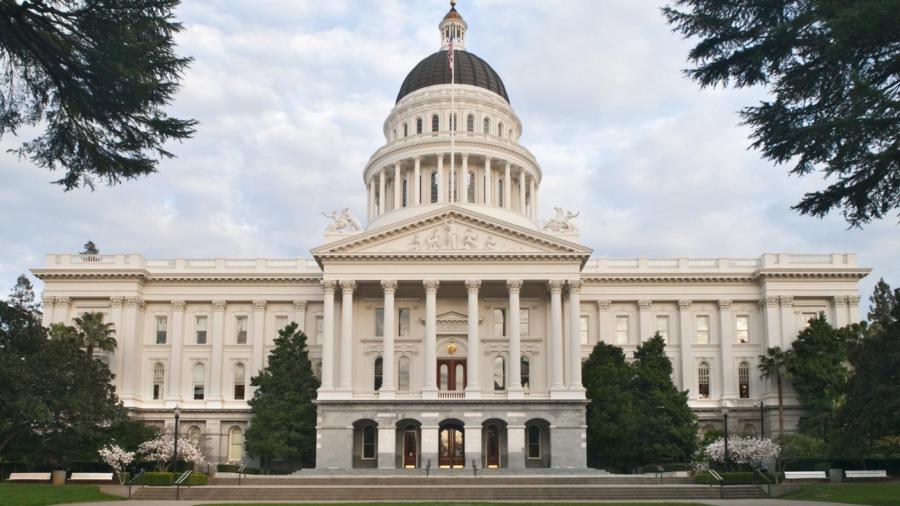What Is the Legislative Branch on the Local Level?

The legislative branch on the local level is the division of government that makes state laws. All states except for one has a bicameral legislature.
Nebraska is the only state without a bicameral legislature. The bicameral legislature has two separate chambers: the Senate and the House of Representatives, also known as “the Assembly” or “the House of Delegates” in some states. Members of both chambers are elected to their office, and they serve for terms of 2 to 4 years.
On the state level, the legislature is responsible for overseeing matters brought to it by the government. It creates legislation, oversees the state’s budget and does checks and balances to ensure powers of the government are not abused.
The state level also contains a judicial and executive branch that mimics the federal government. The executive branch differs from state to state, but the judicial branch answers to the state Supreme Court. Court rulings on the state level can be appealed on the federal level. With both of these branches, members are also elected and have limited terms.
State governments are further divided into counties and cities or towns. Both of these divisions must adhere to state laws when determining matters relating to their area.





